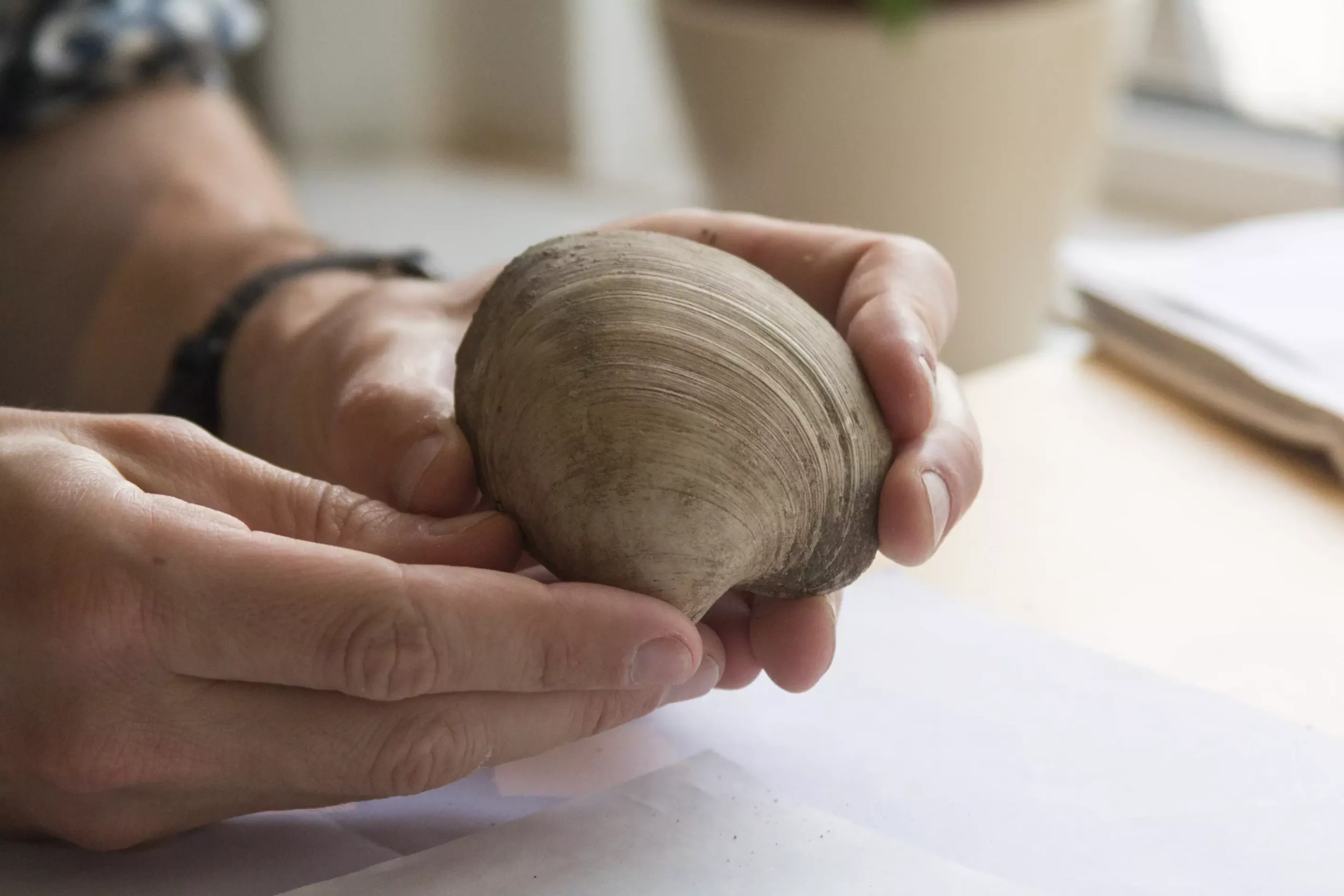A recent study conducted by Earth scientist Niels de Winter has shed light on the impact of climate change on seasonal temperatures. Through analyzing fossil shells from mollusks that lived during the Pliocene era, approximately three million years ago, de Winter and his colleagues were able to uncover valuable data about how summers and winters respond differently to a warmer climate.
The researchers utilized a method called “clumped isotope analysis” to study the composition of the fossil shells in great detail. By measuring the rare heavy isotopes of oxygen and carbon in the carbonate of the shells, they were able to reconstruct the temperatures at which the shells were formed. This method provided a more accurate representation of past temperatures compared to conventional methods that rely on assumptions about seawater composition.
The key finding of the study was that summers warm much faster than winters in a warmer climate, such as the Pliocene era. While winters experienced a temperature increase of about 2.5 degrees Celsius, summers saw a much higher increase of 4.3 degrees Celsius. This information is crucial in understanding the implications of current global warming trends and can help in predicting future climate changes.
The researchers noted that the models projecting future climate change show a similar pattern of temperature increase, with summers warming more rapidly than winters. This trend is consistent with the findings from the Pliocene era and provides insight into what the climate in Europe may look like if we continue on our current path towards a warmer world.
The study by Niels de Winter and his team has provided valuable information on how seasonal temperatures respond to climate change. By studying fossil shells from millions of years ago, researchers can gain a better understanding of the impact of current global warming trends and make more accurate predictions about future climate changes. This research emphasizes the importance of taking action to mitigate the effects of climate change and move towards a more sustainable future.


Leave a Reply